With South Africa in lockdown for 21 days and extended for 2 extra weeks, Grade 12 parents are concerned about the final year of their children. During the final year of Grade 12 students, loads of work is facilitated and tutored after hours. The no – contact approach has left students on their own, with minimum support.
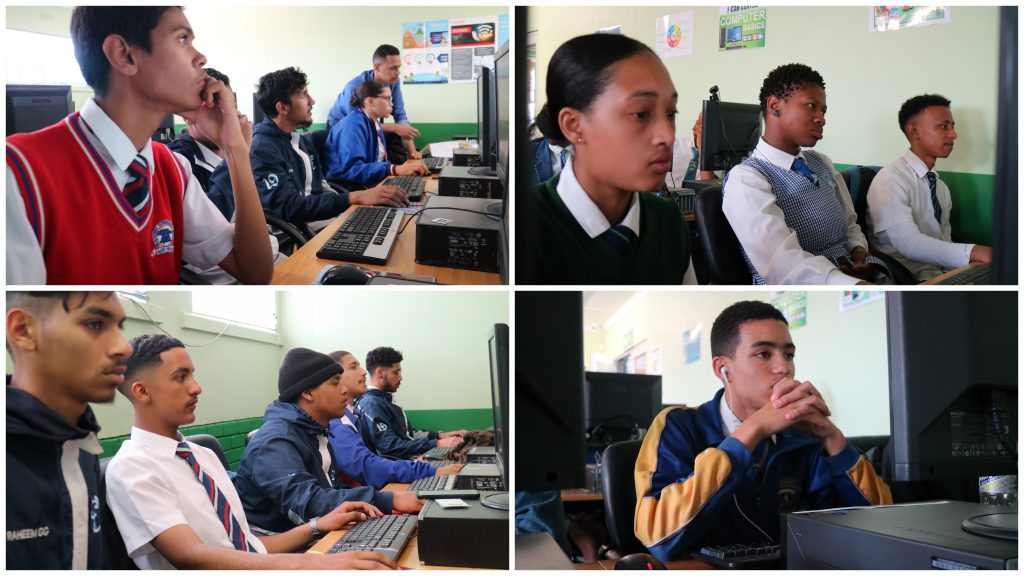
As the coronavirus pandemic continues to spread across the globe, life, as we know it, has been greatly adjusted. As a result, the majority of the school-going population in the world is not attending school because of the rapid spread of the virus.
According to Unesco, over 160 countries have implemented nationwide closures that have impacted over 87% of the world’s student population.
The World Bank reported that its actively ministries of education in dozens of countries in support of their efforts to utilize educational technologies of all sorts to provide remote learning opportunities for students while schools are closed as a result of the COVID-19 pandemic, and is in active dialogue with dozens more.
In support of this work, the World Bank is cataloguing emerging approaches, by country, in an internal database. In case related information may be useful to others, we are sharing excerpts from this database here. https://www.worldbank.org/en/topic/edutech/brief/how-countries-are-using-edtech-to-support-remote-learning-during-the-covid-19-pandemic

With the advent of pandemic in South Africa, we have seen how the education department was not ready to accommodate students online and continue learning. E-learning has more become a provincial responsibility, and many provinces has had a head-start in piloting the we way of learning. The adoption was in beta phase, as teachers were trained to adopt tech tool and integrate into the classroom.
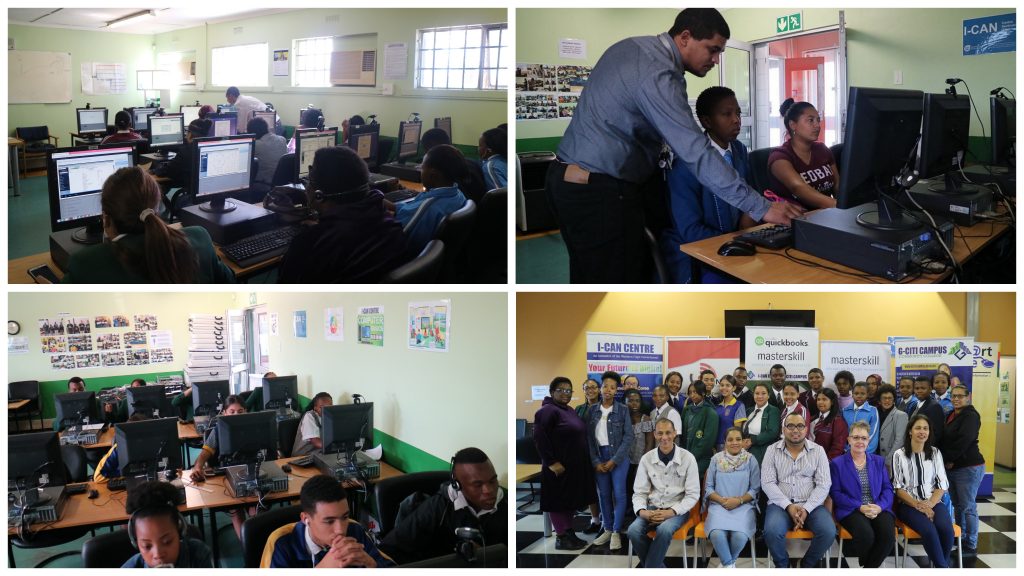
While advocating for online learning, South Africa finds itself in a conundrum where a digital divide exists, between those that can afford technology and the have nots. Data usage in South Africa is very high, implicating unemployed youth negatively against the socio economic situations they face, therefore using learning applications with low bandwidth can solve educational concerns on a minimum level.
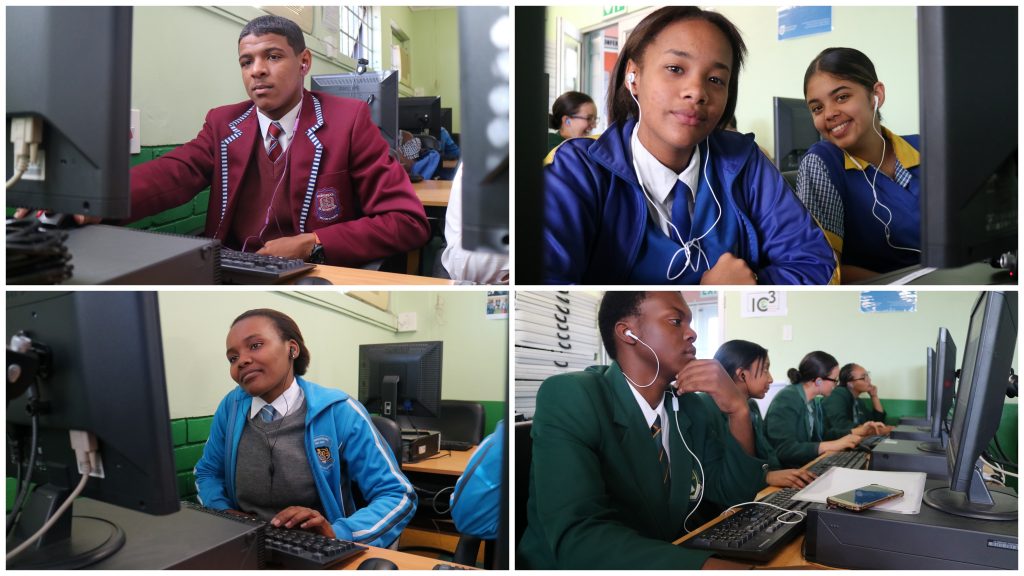
Subsequently, the department of education emphasized that once schools re-open, provincial departments would have coordinated a catch-up plan to make up for the days lost.
Minister of Education, Angie Motsheka, stated in the Draft Framework of Curriculum Recovery 2020;
There is the need to develop robust mechanisms to support learners to cope with the unusually huge workloads that may result from our attempts to recover the teaching and learning time lost. There is also a need to support teachers to cope with the curriculum and assessment demands which will definitely result in unusually huge workloads. This may require, inter alia, the introduction of a special deviation from curriculum and assessment requirements.

The sector cannot do this alone. Therefore, there is a need to mobilize existing resources, involving non-governmental organizations, teacher unions, SGBs, RCLs and other key stakeholders and partners to create a platform for gathering and organizing the best online education resources about learning materials, healthy lifestyles and psychosocial support options available for schools, learners and teachers.
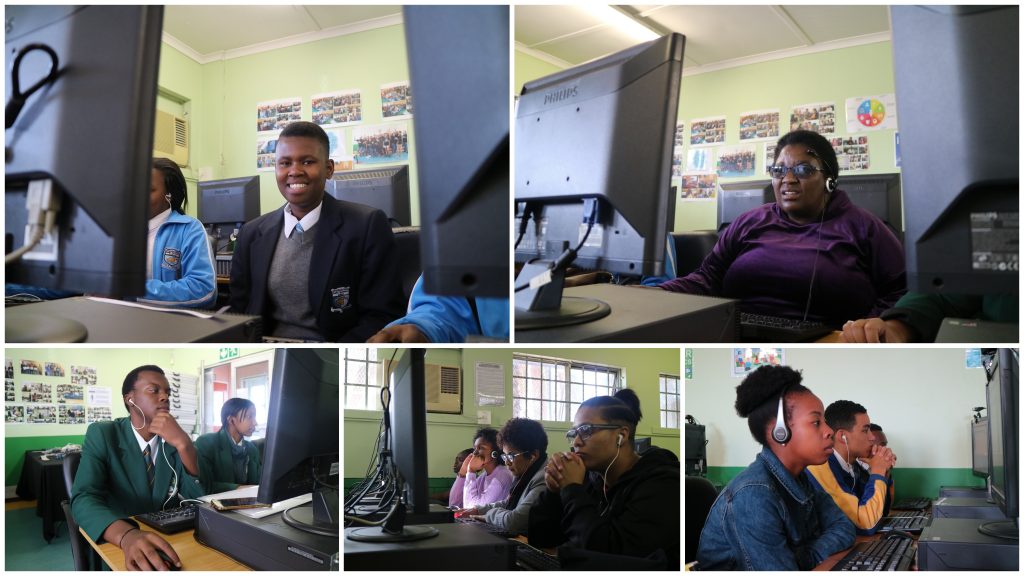
Llewellyn Scholtz, current Executive Director of the non-profit educational ICT organization called Genesis CITI and Centre Manager of the I-CAN Centre (Initiative of the Western Cape Government – DEDAT), started his career as an IT Teacher, training Grade 10 – 12 CAT and IT students at Trafalgar High School. After 10 years of education, he became a social entrepreneur in transforming education using technology.

Llewellyn Scholtz being the Centre Manager of the I-CAN Centre since 2014, has revolutionized the concept of public access facility using technology, providing unemployed youth with recognized global vendor certification to leap directly into the workforce. In 2016, Llewellyn turned his attention back to High School students, where Grade 11 – 12 Computer Application Technology (CAT) undertook Microsoft exams as a pilot project. This success of students obtaining global certification gave birth to the 4IR Skills for Education Project, where 200 Grade 12 students obtained Microsoft Certification, with support and endorsement of the Western Cape Education Department. In 2019, a graduation was held to celebrate for the very first time the initiative where students obtain recognized global vendor certification while attending High School. The project gave hope and confidence to Grade 12 CAT students to undertake the final National Senior Certificate exam and be industry ready after school. The positive impact is seen based on the number of students that ventured into the ICT industry. The dual purpose of the educational technology project gave Genesis CITI global recognition with Certiport, A Pearson Vue Business, also valuing the local support of Masterskill in South Africa.
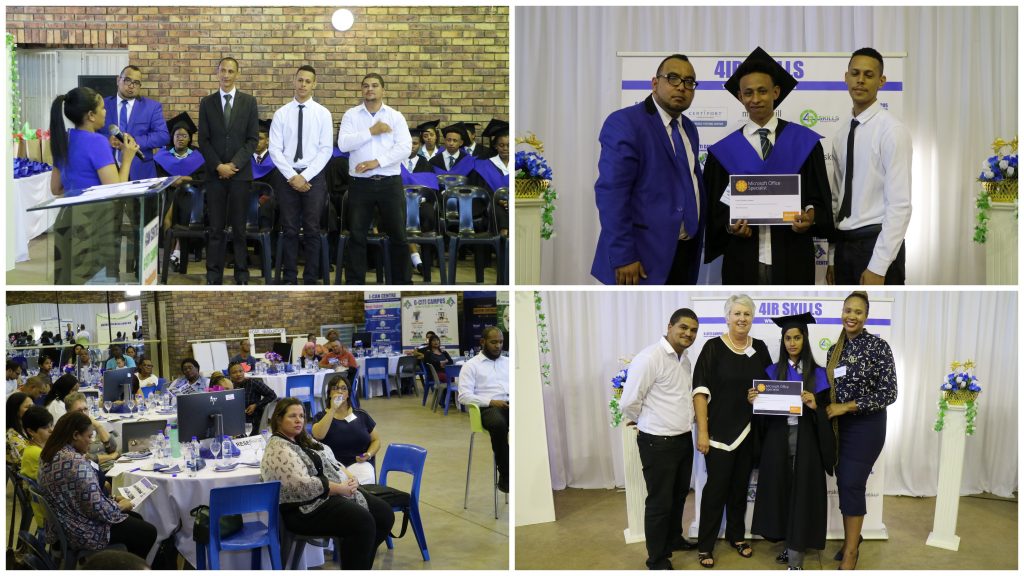
With the advent of COVID-19, Llewellyn was concerned about the lockdown and how it will affect Grade 12 students, who must explicitly focus on the completing milestones within a curriculum over a period of time.
This resulted in Llewellyn approaching both Masterskill and Certiport in how students can continue learning during the lockdown. With successful engagement, Certiport released a 60 Day Jasper-active Trial for all Grade 12 CAT teachers and students across South Africa. Unlike other video online learning platforms, Jasper active is the world’s first kinesthetic Microsoft Office Learning and Validation platform mapped with Microsoft Office Specialist Global Standards and the Grade 12 CAT CAPS for NSC & IEB exams.
Llewellyn believes that E-learning is the future of education, and that the Jasperactive platform is a probable solution for CAT students in their final year. He also promises a 50% discount for exam vouchers when student consider to undertake the Microsoft exams in September 2020.
Parents and Teachers can motivate Grade 12 students to go to www.open2study.online and apply for the 60 day trial through an online form.
Beyond the education and technology challenges we face, we must take into consideration that this generation was born with technology and have the potential to adopt new learnings approaches using tech, said Llewellyn.
Finally, the online kinesthetic Learning and validation platform addresses the draft framework in curriculum trimming, curriculum re-organization and accelerated learning programs, stated by Angie Motsheka.